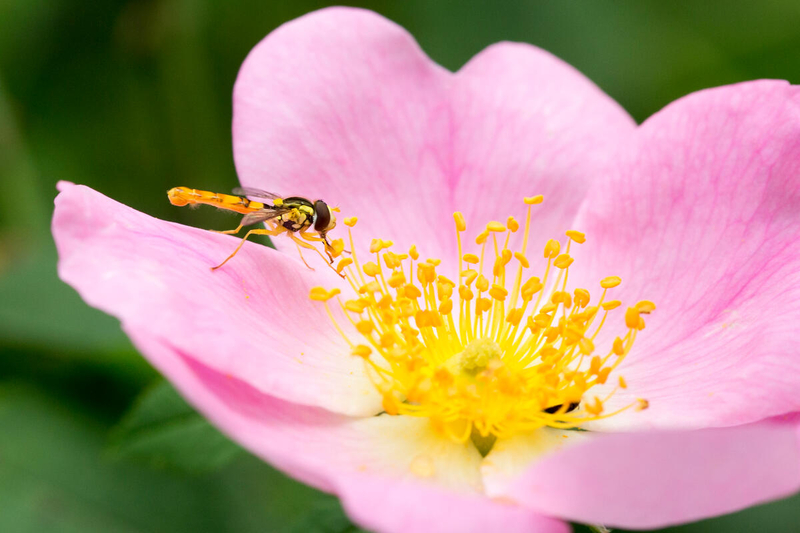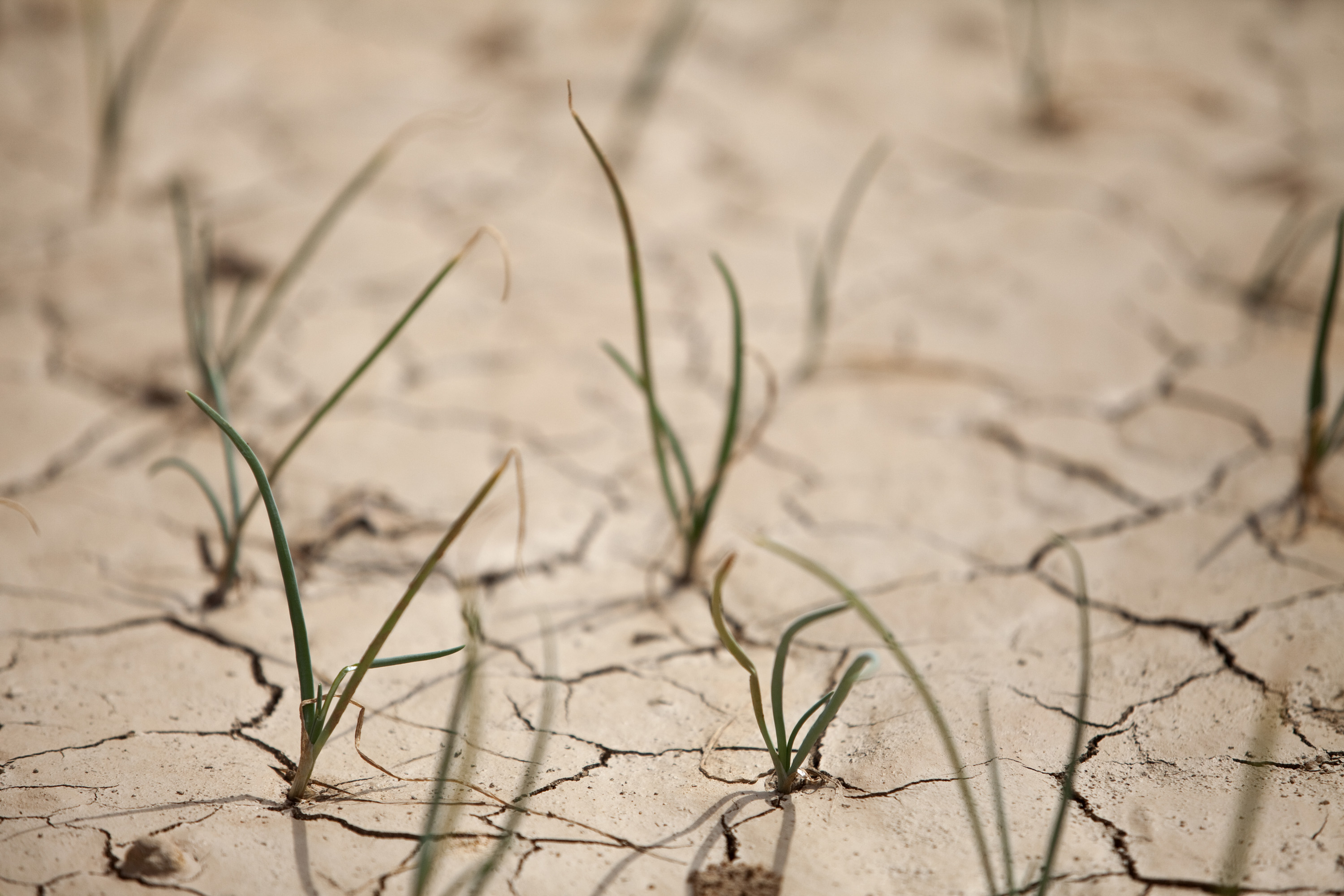Pollination and human livelihoods
Pollination is a paramount process in both human managed and natural terrestrial ecosystems. It is critical for food production and human livelihoods, and directly links wild ecosystems with agricultural production systems. Globally, approximately 87.5% of flowering plants are pollinated by animals (both invertebrates and/or vertebrates). Without pollinators and pollination, many interconnected species and processes functioning within ecosystems would collapse.
Acknowledging the “pollination crisis” and its links to biodiversity and human livelihoods, the Convention on Biological Diversity (CBD) has made the conservation and sustainable use of pollinators a priority. At the Fifth Conference of Parties (COP V) in 2000, an International Initiative for the Conservation and Sustainable Use of Pollinators (also known as the International Pollinator Initiative - IPI) was established (Decision V/5, section II). At its fourteenth Conference of Parties (COP 14), Parties adopted the Plan of Action 2018−2030 for the IPI and invited the Food and Agriculture Organization of the United Nations (FAO) to facilitate its implementation (Decision 14/6).
Why consider pollination?
More diversity is better
The diversity of pollinators, ranging from over 20,000 bee species to moths, flies, wasps, beetles, butterflies, and various vertebrates like bats, birds, and certain mammals. Adequate pollination can be improved by a higher abundance and diversity of
pollinators present.
Adapting to changing climate
Crop production, both quality and quantity, can be improved by the presence of pollinators, including, but not limited to managed honeybees. Conserving or promoting pollinator diversity, each with unique traits and responses to climate, contribute improving climate change resilience. This diversity acts as an ‘insurance’ for effective pollination under both current and future climatic conditions, enhancing resilience in agricultural ecosystems through biodiversity.
Tropics and mountain ecosystems highly dependent on pollinators
Over 80 percent of all wild flowering plant species are pollinated by animals, mostly insects. In tropical and mountain ecosystems, the majority of flowering plants depend heavily on animal pollinators, especially insects. This reliance is particularly strong in tropical forests, where insects are key to the majority of trees and flowering plants pollination, and in arid and mountain regions, where diverse pollinator communities are adapted to varying climatic conditions.
Pollination is essential for human livelihoods
In agricultural systems, pollinators are crucial for the production of a wide array of crops including orchards, horticulture, and forage, as well as seed for root and fiber crops. Pollinators contribute approximately to 35% of global crop production (by volume), enhancing the yield of 87 of 115 of the major food crops and numerous medicinal plants. The benefits of pollination extend beyond improving quantity and quality of food production, pollinator-dependent plants are responsible for the production of many micronutrients and vitamins important in human nutrition and dietary diversity.
Bees and other pollinators
Pollination, a crucial process for maintaining our planet’s biodiversity and food security, is primarily driven by bees and other insect pollinators. Pollinators have been essential for millions of years, not only for the production of nutrient-rich foods like fruits, vegetables, nuts, and seeds but also for maintaining vibrant ecosystems. About 75% of global food crop types depend on pollinators, highlighting their importance in the diversity of our food supply. However, there’s growing concern as pollinators and pollination services are declining.
Traditionally, pollination occurred naturally without direct costs, but modern agricultural practices, leading to the expansion of agricultural lands and increased pesticide use, have been linked to the decline in pollinator populations. This decline could impact the availability and cost of vitamin-rich crops, potentially leading to health issues such as malnutrition and non-communicable diseases.
The health, nutrition, and financial well-being of smallholder farmers are tied to management practices that are less dependent on chemical inputs and maintaining and improving crop yields. As it becomes more challenging to maintain adequate pollination services with managed pollinators, there’s a rising interest in sustainable practices that support wild pollinators, ensuring the continuation of these vital natural services. Both wild and managed pollinators are important in crop production.

Birds, bees, bats and more
So, what are they? Everyone knows about the bees, and there are some 20 000 species of bees, the majority of which are wild, that pollinate plants, but it may come as a surprise to know that moths, flies, wasps, beetles and butterflies as well as some vertebrate animals pollinate plants. Vertebrate pollinators include bats, non-flying mammals, including several species of monkey, rodents, lemur, tree squirrels, olingo and kinkajou, and birds such as hummingbirds, sunbirds, honeycreepers and some parrot species etc. The abundance and diversity of pollinators ensures the sustained provision of pollination services to plants, leading to better food production.
Threats to pollinators
Bees and other pollinators face significant threats, with current extinction rates being 100 to 1,000 times above the normal due to human activities. IUCN national Red List assessments that have been completed for bees determines that around 40% of bees are at risk of extinction; 16.5% of vertebrate pollinators are at risk for global extinction. Habitat loss and fragmentation, intensive farming, monocultures, pesticides, pests, diseases, and climate change impacts like temperature extremes and flowering time shifts are major contributing factors to this pollinator decline, disrupting the balance between flowering plants and their pollinators.

